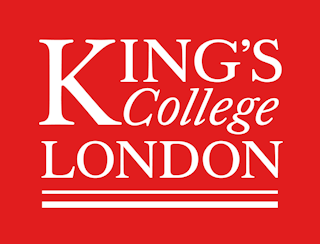As COVID-19 continues to spread globally at unprecedented rates, the impact of the outbreak on Africa’s under-resourced health services and vulnerable communities is causing grave concern. There have been clear warning signs that Africa is just weeks behind Europe in the COVID-19 pandemic and we know that the continent is not equipped to cope with a public health emergency. Developed countries need to act now to help prevent major challenges for the continent’s under-resourced health services and minimise wide-spread devastation and loss of life.
At King’s College London we recognise the urgent need to help prepare Africa and strengthen its healthcare systems in the fight against COVID-19. King’s Global Health Partnerships was at the heart of the international response to the 2014 Ebola epidemic in Sierra Leone, treating 10% of all cases. Our world-leading experts once again stand ready to support marginalised communities in some of the most fragile countries as they face this current crisis.
Building on this long-term relationship, King’s Global Health Partnerships is playing a leading role in supporting partners in the Democratic Republic of Congo, Sierra Leone and Somaliland to respond to COVID-19. As a continent, Africa is particularly vulnerable. The capacity to provide critical care is the lowest in the world. In Sierra Leone, for example, there are only three doctors and 50 nurses per 100,000 people. Oxygen availability in the country is less than 5% of the expected need. Health facilities and medical equipment are just not sufficient for the country’s population.
Your support is essential in this crucial period of preparedness and containment to help us boost these fragile health systems to slow and contain the spread of the virus.
In addition, another part of King’s global response involves Professor Sturt and her team, who are in a unique position to rapidly deliver remote training to frontline health workers across East and West Africa. With your support, we will provide life-saving health information and care to marginalised communities which will have a significant impact on their ability to deal with the COVID-19 crisis.
‘Healthcare systems are fragile in the poorest communities of low and middle-income countries. COVID-19 threatens to decimate these fragile systems. We need to keep health workers safe while enabling them to continue to provide the care needed in their communities. By training health workers to deliver care via their mobile phones they can become a positive example of social distancing. They can also use this method to provide advice on managing COVID-19. Using their phones they can enable their patients to continue to manage other infectious diseases and health conditions such as diabetes and hypertension that are still major killers in these communities, and support households providing the inevitable end of life care for many.’
Professor Jackie Sturt, Professor of Behavioural Medicine in Nursing, King’s College London
Spread the word

